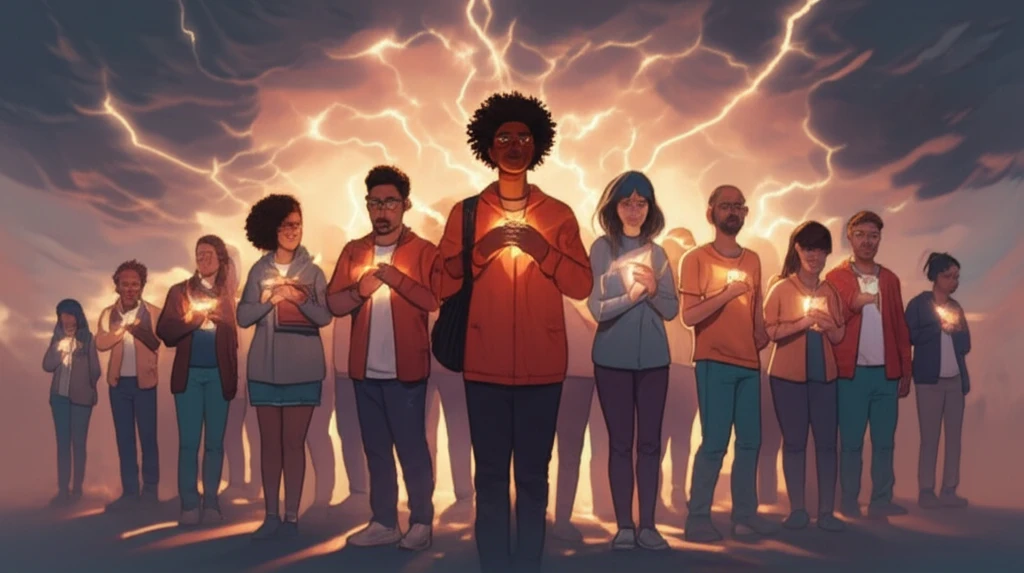
Breaking the Silence: How Self-Compassion Can Help Students Overcome Violence
"New research reveals the crucial role of self-compassion in improving the well-being of college students who have experienced violence."
In the United States, a significant number of young individuals face the harsh reality of violence. Approximately 25% of minors have witnessed a violent act, often a physical assault. The impact is disproportionately felt by African Americans from underserved backgrounds, who are more likely to be exposed to traumatic events. These experiences can cast a long shadow, affecting mental health and overall life satisfaction.
Recognizing the urgent need to address this issue, researchers are delving into the factors that can help mitigate the negative effects of violence exposure. Among these, self-compassion—the ability to treat oneself with kindness, understanding, and acceptance—is emerging as a critical element. A recent study published in the Journal of Interpersonal Violence sheds light on how self-compassion is associated with improved life satisfaction among historically Black college and university (HBCU) students who have experienced violence.
This article explores the key findings of this study, highlighting the profound impact of violence exposure on college students and the potential of self-compassion to foster resilience and well-being. By understanding the connections between trauma, self-perception, and life satisfaction, we can develop more effective strategies to support students in overcoming adversity and building brighter futures.
The Harsh Reality: Understanding the Impact of Violence on College Students

Violence exposure is a pervasive issue with significant consequences, particularly for young adults transitioning into higher education. Research consistently demonstrates that witnessing or experiencing violence can lead to a range of mental health challenges, including depression, anxiety, post-traumatic stress, and low self-esteem. These challenges can significantly impair a student's ability to thrive academically, socially, and emotionally.
- Mental Health Challenges: Depression, anxiety and PTSD.
- Academic Impact: Reduced performance and engagement.
- Social-Emotional Difficulties: Low self-esteem and interpersonal problems.
- Disproportionate Impact: Heightened risk for underserved communities.
Empowering Students Through Self-Compassion
The findings of this study underscore the importance of fostering self-compassion among college students, particularly those who have experienced violence. By cultivating kindness, understanding, and acceptance toward themselves, students can mitigate the negative effects of trauma and build resilience. Educational institutions and mental health professionals play a crucial role in creating supportive environments and providing resources that promote self-compassion. Therapeutic interventions, mindfulness practices, and self-compassion exercises can empower students to heal, thrive, and lead more fulfilling lives.
